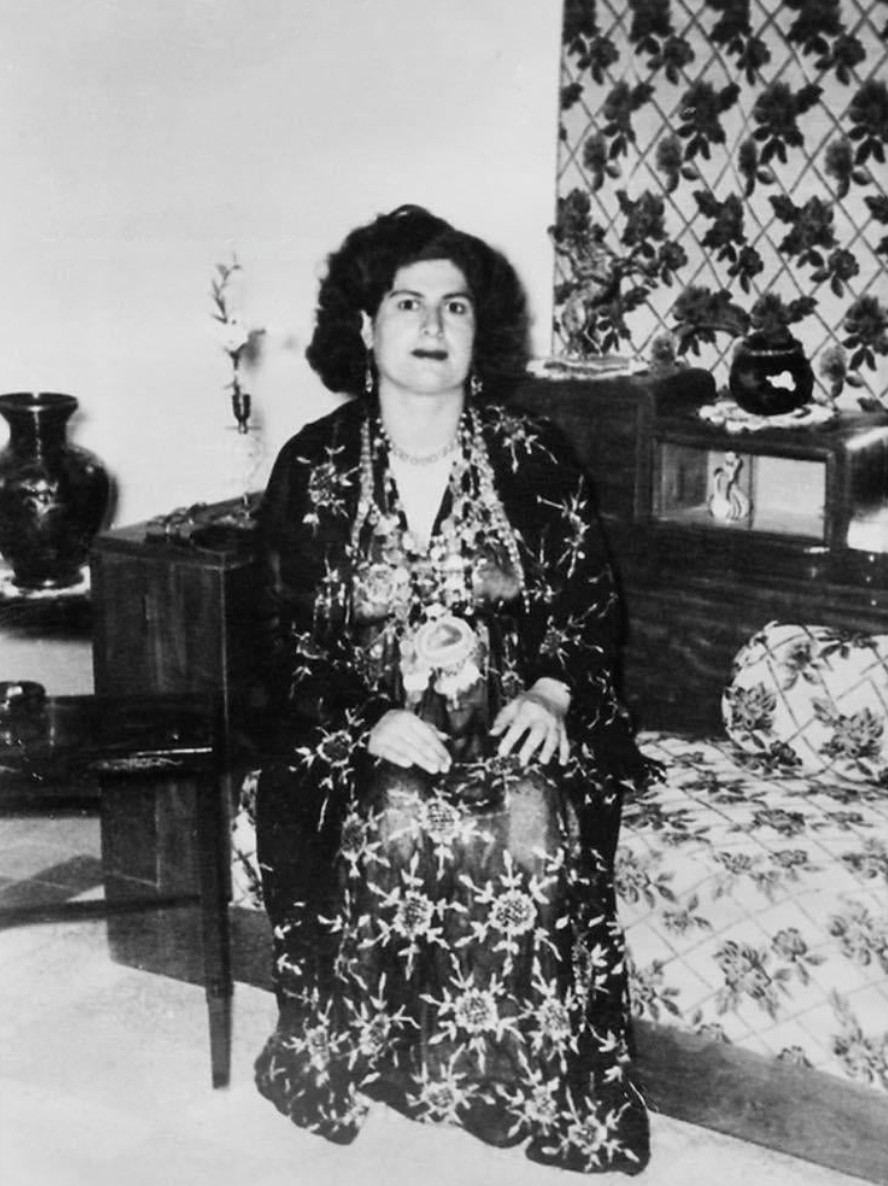The Middle East has long been marred by conflicts and unrest, with far-reaching consequences that extend well beyond the region itself. Achieving sustainable peace in this complex and diverse part of the world remains a global imperative.
One essential approach to resolving these conflicts and fostering peace is through constructive dialogue and collaborative cooperation, grounded in mutual interests. Today, global challenges have yet again evolved and intensified, further underscoring the importance of peace building in the Middle East. The threats that emanate from fragile states continue to be the primary drivers of violent conflict in the region. These states face complex challenges such as governance deficits, social inequalities, and economic disparities, which fuel instability and turmoil. Meanwhile, the rise of global and regional competition is extending and exacerbating violent conflicts in these fragile states. The Middle East, being a nexus of geopolitical rivalries, is especially susceptible to the spillover effects of such competition, which can inflame existing tensions.
In this context, global threats that require greater international cooperation are increasing and deepening just as the international systems that enable this cooperation are under heightened strain. The Middle East, with its strategic significance and historical conflicts, is at the forefront of these global challenges. As tensions persist and evolve, the need for collaborative efforts to address the root causes of conflict, promote reconciliation, and build sustainable peace becomes ever more critical.
The Middle East has also long been a focal point of global attention due to its geopolitical significance, rich cultural heritage, and vast energy resources. However, the region's history is also marked by persistent conflicts and geopolitical rivalries. The ongoing conflicts in the Middle East have demonstrated the “butterfly effect,” where disturbances in one part of the region can have cascading consequences far beyond its borders. These conflicts affect global energy markets, migration patterns, and even international security. As a result, timely and comprehensive discussions on the impact of Middle Eastern conflicts are of critical importance. The past decade has witnessed the region grappling with numerous conflicts, including the Syrian civil war, the Israeli-Palestinian conflict, and the Yemeni crisis. These conflicts have far-reaching implications, affecting not only the immediate parties involved but also regional stability and international security.
The Middle East Peace and Security (MEPS) Forum serves as a vital platform for addressing these issues. It brings together diverse stakeholders, including civil society representatives, local and federal government officials, academics, researchers, and the international community. This collaborative approach enables the sharing of insights and perspectives, which is essential for developing effective strategies to tackle the challenges facing the Middle East.
This year's MEPS Forum focuses on several critical topics, among which are addressing ongoing conflicts and unrest in the Middle East and promoting good governance. Although the notion of good governance is a universal aspiration, achieving it is a complex process that requires political, economic, and social reforms. Iraq, in particular, has faced challenges in establishing a sustainable system of governance. The MEPS Forum provides an opportunity to evaluate the progress and prospects of Iraq's governance, shedding light on areas that require improvement. As a stable Iraq is vital for regional peace, addressing governance issues in the country is imperative. These topics are closely intertwined with and bear significance on the region's future stability.
One distinctive aspect of the MEPS Forum is its location in Duhok within the picturesque Kurdistan Region of Iraq (KRI). The breathtaking mountain views and the scenic beauty of the KRI provide an inspiring setting for productive dialogues and negotiations and encourages participants to collaborate effectively, fostering a conducive atmosphere for dialogue and cooperation. In a world marked by uncertainty and conflicts, the MEPS Forum serves as a beacon of hope, uniting diverse stakeholders to address pressing issues in the Middle East, Iraq, and the KRI. By addressing the ripple effects of conflicts and emphasizing good governance, the MEPS Forum can shape the future of this critical region. Participants not only engage in discussions but also experience the region's beauty, reinforcing the idea that peace is attainable through dialogue and cooperation.
Biza Barzo is a Public Relations and Policy Consultant.

